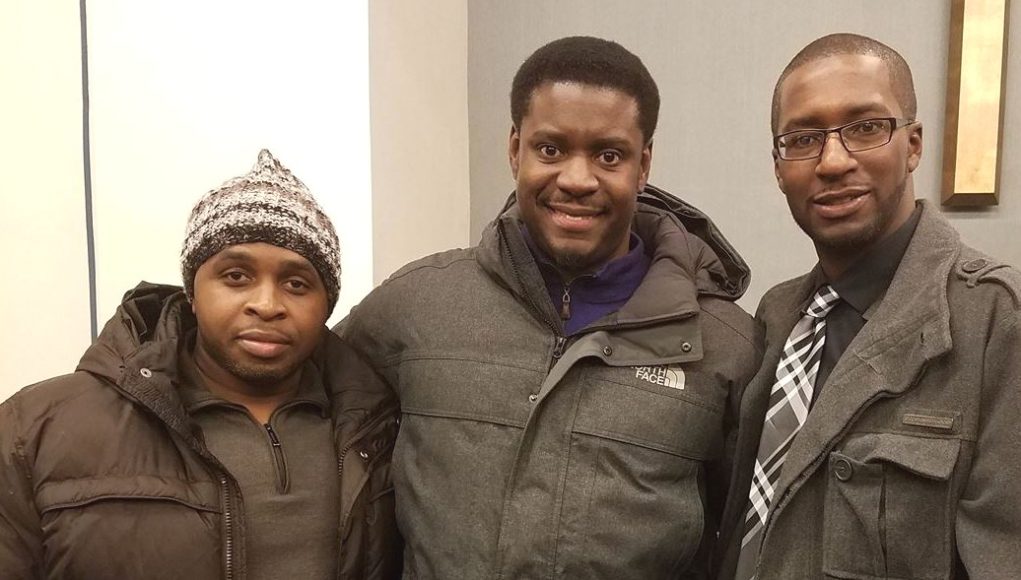James Morgan is the first to admit that he deserved to go to prison the first time around.
“I went in 1983 because I made some big mistakes,” he said.

While serving a 24-year sentence in a Wisconsin prison, Morgan earned a degree and raised money for local charities.
“I found ways while I was incarcerated to stay attuned to what was going on in the community because I knew at some point it was a community that I would have to return to,” Morgan said.
He spent every day working to make sure he’d never have to return to prison again. But his 2007 re-entry was short-lived. Less than a decade after his release, Morgan was back behind bars, but not for committing a crime, he violated a stipulation of his parole.
“I had purchased a computer and didn’t report my Gmail address to my agent and went back to prison for another year,” Morgan said.

(Photo by Hedi Rudd)
It’s call “crimeless revocation.” Former inmates go back to prison for committing minor parole violations, like purchasing a computer, getting a job or breaking a curfew without getting approval from a parole agent.
“You have a lot of people who are walking on egg shells,” Frank Davis, a member of MOSES, a group dedicated to prisoners’ rights, said. “It’s nothing that hurts anyone. It’s a rule violation, and they send 3,000 people on average a year back to prison, for an average stay of a year and a half.”
A new movement is emerging to reform revocation practices. On Tuesday night, dozens gathered to discuss ways to fix the problem at First Congregational Church in Madison. Local groups like MOSES, NAMI and Dane Circuit Court Judge Everett Mitchell and leaders at the University of Wisconsin spoke at the event, all agreeing that this is a costly and unnecessary practice.
It was a step in the right direction for Morgan, who believes that the more people who know this is happening, the more people will want to stop it.
“Someone’s got to say enough is enough,” he said.




























